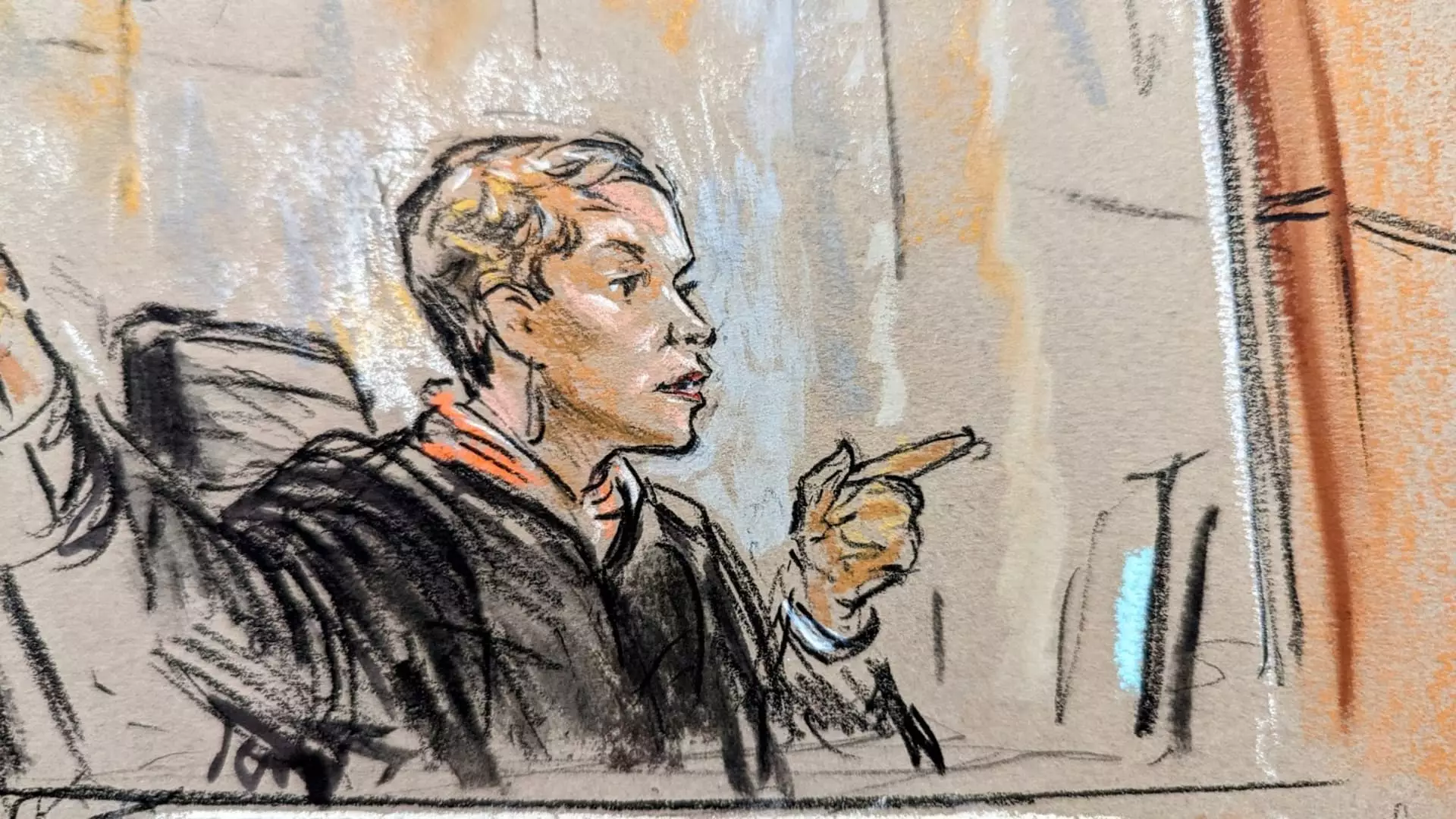The ongoing legal battles faced by former President Donald Trump have taken center stage as he navigates multiple criminal charges, particularly concerning his alleged attempts to subvert the democratic process during the 2020 election. Most recently, his outburst directed at U.S. District Court Judge Tanya Chutkan has drawn attention, especially after she ordered the release of a significant cache of documents related to his case. This situation underscores the intersection of America’s judicial system and its political framework, revealing much about both Trump’s persona and the broader implications for democracy.
Trump’s characterization of Judge Chutkan as “the most evil person” highlights his habitual framing of judicial scrutiny as biased political maneuvers. On a podcast with Dan Bongino, Trump criticized Judge Chutkan for releasing 1,900 pages of sealed documents, suggesting that this action was intended to undermine his electoral prospects ahead of the November election. The underlying theme of his commentary paints a picture of political persecution—a narrative he has consistently propagated since the onset of his legal troubles. Furthermore, Trump’s claims of “election interference” juxtapose his legal challenges with his continued advocacy for a narrative of victimization, suggesting that the judicial system itself is conspiring against him.
Judge Chutkan, in her ruling, provided a stark counter-narrative, stressing that delaying the release of documents would only serve to compromise public interest. She articulated that the transparency of judicial proceedings is vital, particularly in high-stakes cases involving a former president. This ruling reinforces the principle that judicial processes must not yield to political pressures, a fundamental tenet of democracy.
At the heart of this conflict lies the crucial role of transparency in the judicial process. Chutkan argued that withholding public access to information solely due to its potential political ramifications could itself be perceived as an act of interference in the electoral process. Her stance draws attention to the delicate balance that courts must maintain, particularly when the subjects involved are figures of substantial public interest, like a former president running for office.
Trump’s narrative aims to resonate with his base, portraying the judicial system as an adversary rather than a pillar upholding the rule of law. By framing the judge’s decisions in a light that suggests partisanship and malice, he seeks to galvanize support and steer public opinion against what he describes as a corrupt establishment.
The emerging dynamics present a complex situation for legal experts and the political landscape. Trump’s accusations of bias, despite lacking substantive support, serve to complicate judicial operations. Judge Chutkan addressed this concern directly, indicating that Trump’s defense strategy often hinges more on political rhetoric than sound legal principles. This focus not only detracts from the fundamental legal issues at play but could also affect how defense counsel is perceived in future cases, particularly those involving public figures.
Moreover, these developments have broader implications for public trust in the judicial system. As judges navigate the turbulent waters of politically charged cases, the potential for perceptions of bias can lead to diminished faith in legal outcomes. If public opinion sways predominantly based on narratives stitched together by political campaigns rather than factual legal proceedings, the outcome could pose risks to democratic governance.
As the drama unfolds in the courtroom, it is evident that Trump’s legal challenges are as much about political survival as they are about the rule of law. His fiery responses to judicial actions reflect a larger strategy aimed at reshaping public sentiment and reinforcing his base. Meanwhile, Judge Chutkan’s commitment to transparency and the integrity of judicial proceedings serves as a reminder of the ideals that underpin American democracy. In this dual narrative, the intersection of justice and politics reveals much about the state of the nation and the enduring quest for accountability amidst the ongoing saga of Trump’s legal entanglements.


Leave a Reply